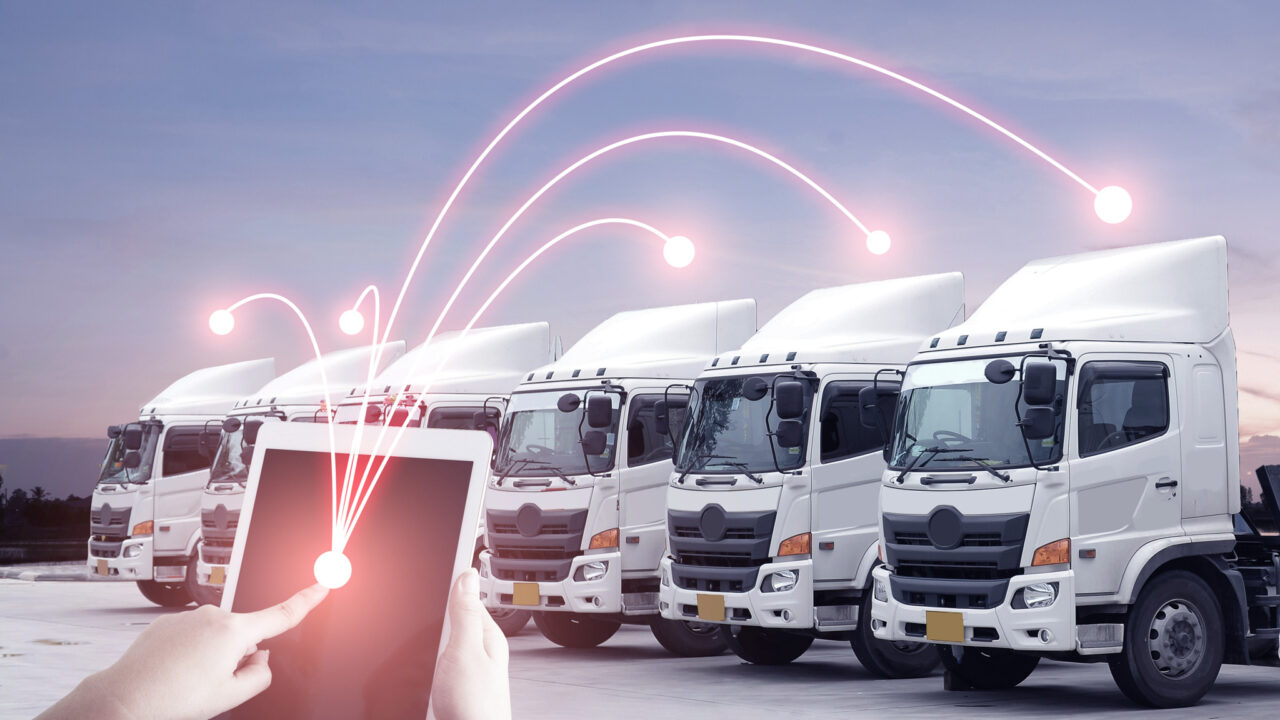For decades, diesel has been the workhorse of the construction sector. Diesel’s unmatched, unique combination of power, performance, reliability and fuel efficiency, along with its widely available fueling, parts and service capabilities, makes it the technology of choice for the roughly 850,000 earthmovers, bulldozers, bucket loaders, backhoes, cranes, pavers, excavators and motor graders across the United States. In fact, more than three out of every four pieces of the heavy construction equipment in use today are diesel. Thanks to the longevity and performance of these durable engines, many of these pieces of equipment are still at work and are an important performing asset for contractors still today.
While reducing the environmental impact from construction activities has always been part of the job, new climate concerns and urban air quality issues, coupled with increasing pressure from public and private interests, are rising to new levels. Manufacturers of construction equipment are responding in a variety of ways: making machines lower in emissions, making them work more efficiently together, incorporating hybridization and exploring new fuel options for the future. They envision diesel as the prime power for construction for the foreseeable future.
Tier 4 Diesel: Clean, Efficient and Cost-Effective
Advanced diesel technology is the building block for the credentials of tomorrow’s construction machines: innovative, automated, more efficient, connected and lower in emissions. Achieving the U.S. EPA Tier 4 emissions requirements means near-zero particulate matter (PM 2.5) and nitrogen oxide (NOx) emissions. This performance is accomplished through a combination of strategies, ranging from selective catalytic reduction and diesel particulate filters to advanced catalysts. No matter the approach, these cleanest engines are 90% lower in emissions of PM and 50% lower in NOx compared to older pieces of equipment.
Consider one of the most iconic workhorses of every construction project: the backhoe. It would take 23 of today’s clean diesel backhoes to equal one sold in 1997.
With the increasing demands for green construction practices, having new Tier 4 machines can be a competitive advantage for contractors, especially in bidding projects in urban or sensitive areas that may even stipulate certain minimum “tiers” of emissions performance for the machines used on the jobsite.
Diesel and the Future of Construction
Looking ahead, the future of construction equipment is all about doing more work with less fuel, not only on a machine basis but a jobsite basis, emphasizing integration, connectivity and a site where machine idle time is minimized and utilization is maximized.
Construction machines have been early adopters of various aspects of autonomous and GPS-guided technologies that allow operators to precisely pre-program equipment operations to maximize equipment and minimize fuel consumption. The pairing of the most energy-efficient clean diesel engine with hybrid technology can be an unbeatable and efficient combination on some material handling machines, such as wheel loaders and excavators.
Other approaches enable diesel engines to serve in a near steady-state generator mode to smooth out load demands while more efficient electrical motors drive the wheels, tracks, hydraulics and tools of the machine to deliver meaningful fuel savings and emission reductions. Working with their dealers, contractors can also use renewable biofuels in some construction machines, thereby lowering the carbon footprint of the jobsite.
Just as in the automotive sector, thanks to advances in energy storage (batteries), electric motors and advanced controllers, manufacturers are exploring the electrification of some construction equipment. To date, most of this development is limited to a few compact machines, particularly those that work in confined spaces, or are envisioned as serving in unique areas.
All of this innovation means that, for decades to come, diesel technology will continue to play a dominant role in powering most heavy-duty construction machines and equipment. There is simply no substitute for diesel power, with no viable alternatives for equipment that exceeds 500 horsepower.
At the end of the day, equipment manufacturers want to produce a product that meets the needs of their customer, whatever that might be. The future construction site will be more connected, automated, efficient, hybridized, and lower in emissions than ever before, and still dominated by advanced technology diesel engines.





